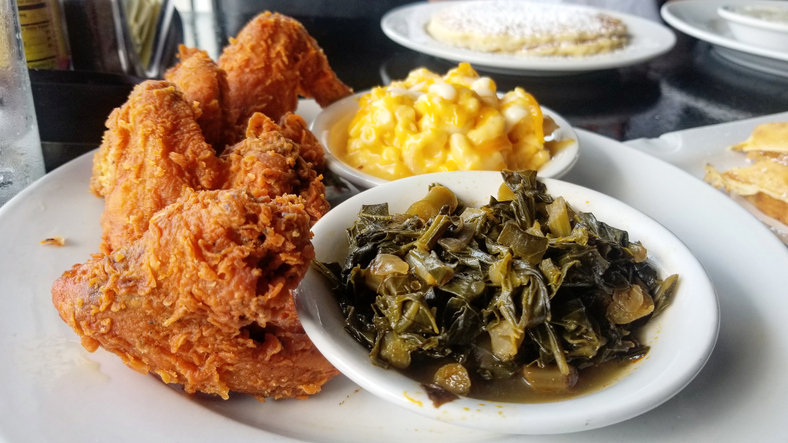
Let’s face it, we’re not getting any younger, so we might as well enjoy the years that we have on this earth. A large part of making the years count is watching what we put in our bodies. Here’s what us 40-somethings need to stay away from this year–and years to come.
1. Ultra-processed snacks
Unless you’re picking an apple from a tree or getting your milk straight out of a cow, most of the food you eat is processed. It’s the ultra-processed foods that make the list to strike from your diet. Minimally processed foods like bagged greens, diced vegetables and nuts offer convenience, especially if you have a busy schedule. And canned tomatoes and frozen fruit and vegetables are an excellent way to enjoy produce processed at peak quality and freshness.
But many ready-to-eat, processed foods, including cake mixes, snack chips, ketchup, sweetened yogurt and “meat lovers” frozen pizzas, add food coloring, sodium, preservatives and other hard-to-pronounce additives to make consumers happy. And that’s not good for you.Many processed foods are void of fiber and nutrients such as potassium or magnesium, and they tend to be calorically dense, with a lot of fat and salt, says Joseph Gonzales, a registered dietitian at the Mayo Clinic.“And some of the preservatives, like nitrates, may be harmful in high amounts, perhaps leading to premature aging of cells in the body,” Loepfe says.
Do this instead: Try eating cereal. Healthy cereal is a good snack for older adults because 93 percent of those over age 60 eat cereal with milk and fruit, so it’s a good way to boost nutrients. Or try Mother Nature’s go-to “packaged” foods: an apple, banana or orange. Even sliced lean turkey or chicken with whole wheat crackers, reduced-fat cheese, pumpkin seeds, almonds, dried apricots and cherries are all good options as well.
2. Alcoholic Drinks with Multiple Liquors
I know what you’re thinking: Nobody is going to stop me from having a drink. And you’re right. It’s about what kind of drinks you have that matter most. Alcohol metabolism changes when we age, and we become more susceptible to its negative aspects. Alcohol can impact fall risk, interact with the medications we take as we age and lead to an increased risk of dehydration.
Alcohol contributes to many health problems, including liver disease, heart disease, kidney disease, our immune system function and neurological diseases like dementia. A recent University of Pennsylvania study of 36,000 adults found that even moderate levels of alcohol consumption — a few beers or a glass of wine per week — are linked to harm to the brain, no matter what your age. And if you think alcohol helps you get more or better sleep, think again.
Do this instead: If you do consume alcohol, drink in moderation straight up with ice to dilute it over time. Or think about diluting it with sparkling water, club soda or low-calorie cranberry juice.
Some experts also suggest








